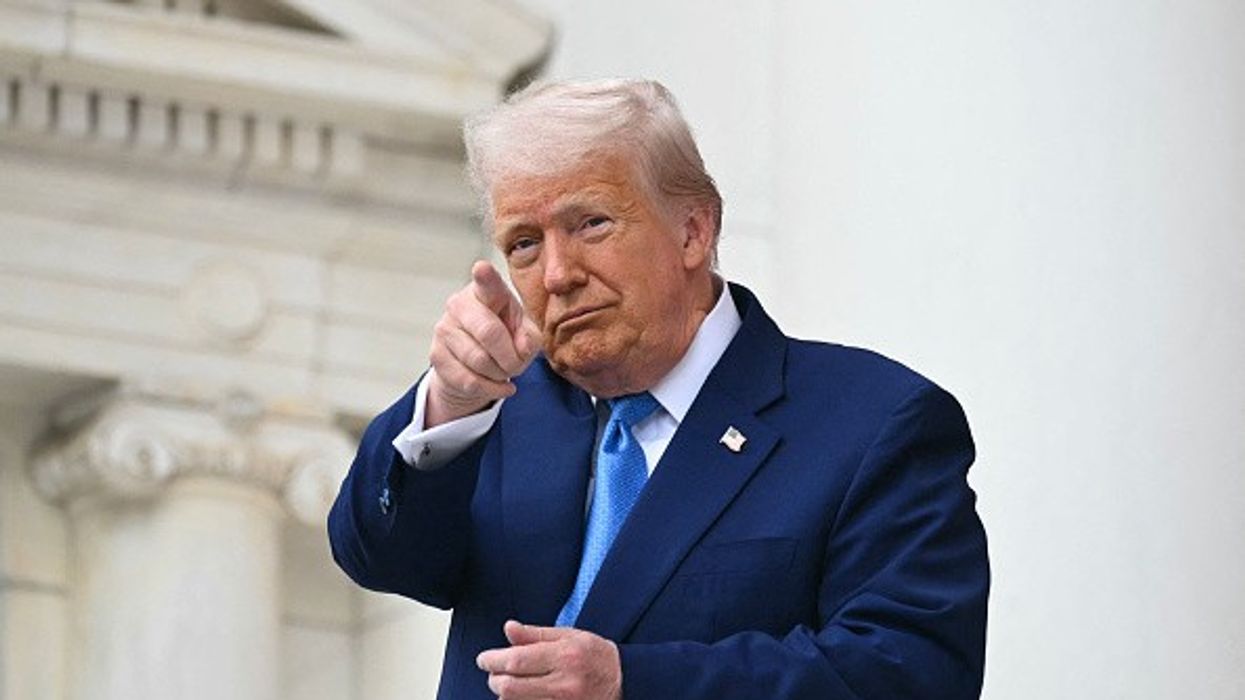US President Donald Trump’s administration has announced it will “aggressively” revoke the visas of Chinese students studying in the United States.
"Those with connections to the Chinese Communist Party or studying in critical fields" will also be included in the revocation process, stated Secretary of State Marco Rubio.
Tensions between Beijing and Washington had already deteriorated following the trade war sparked by Trump’s tariffs.
Estimates suggest that approximately 280,000 Chinese students were studying in the US last year. It remains unclear how many of them will be affected by this move.
China has strongly opposed the action and urged the US to pursue more constructive international relations.
Rubio also indicated that the increased scrutiny would apply to future visa applicants from China and Hong Kong. He has instructed US embassies worldwide to halt student visa appointments as the State Department plans to expand social media vetting for these applicants.
Although Chinese nationals previously formed the majority of international students at American universities, that trend is now shifting.
Data from the US State Department shows a decline in the number of Chinese students enrolling in American universities, largely due to deteriorating US-China relations during the pandemic era.
Currently, a significant number of foreign students are being deported, while others have had their visas revoked by the administration. Many of these actions are being challenged in court.
The US government has also frozen hundreds of millions of dollars in funding for universities. President Trump has criticised prestigious institutions such as Harvard for being overly liberal and for what he perceives as a failure to address antisemitism on campus.
Although Beijing has condemned the US in general terms, it has not issued a specific response to this visa crackdown.
Foreign students are vital to the financial health of many US universities, as they typically pay higher tuition fees.
According to the US Department of Commerce, Indian and Chinese students accounted for 54% of the international student population and contributed up to $50 billion to the US economy in 2023.
Some students have expressed regret over choosing US universities for their education.




